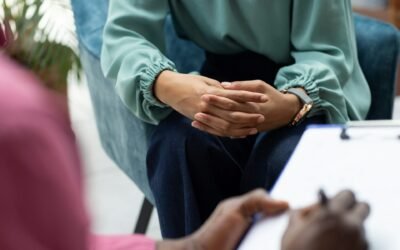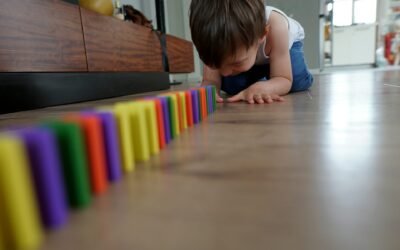Blog
Too many Year 9 students are missing school. What can parents and teachers do to keep them engaged?
Year 9 is often seen as a ‘lost year’, where a young person has left junior high school but is not yet a senior student.
Young Australians feel they are ‘missing out’ on being young: new research
Should “being young” be enshrined as a human right?
New research shows 1 in 5 Australians have perpetrated sexual violence in their adult lives. The true rate might be even worse
Data from the Australian Institute of Criminology shows alarmingly high rates of sexual violence perpetration. Here’s what is shows.
What can you do if you think your teen already has unhealthy social media habits?
If you are worried about your teen’s social media use, consider joining them for screen-free time at home and organising regular activities offline.
Mental health services are overloaded. We should pay them a bonus to improve your care
Medicare encourages providers to deliver more services, not to deliver good quality care. Here’s why that needs to change.
First an autism diagnosis then a clinician’s office – how the evidence supports a different approach for families
An unintentional consequence of NDIS supports has been an emphasis on clinical settings. But children with autism are served better by naturalistic supports.
Why won’t my kids listen to me? A psychologist explains
You may find yourself wondering why it seems your kids listen to their teachers, coaches, friends’ parents … basically anyone else but you.
Is social media making you unhappy? The answer is not so simple
Contrary to what you may have heard, your mindset may be the biggest thing affecting how social media connects to your wellbeing.
Do you have a mental illness? Why some people answer ‘yes’, even if they haven’t been diagnosed
People who have a lower threshold for defining distress as a disorder are more likely to identify themselves as having a mental illness.
Mealtimes can be tough when your child is autistic or has ADHD. Here are 5 tips to try
Meals can be a recipe for distress when children find recognising feelings of hunger and thirst, completing tasks, processing sensory input or social interactions challenging.










